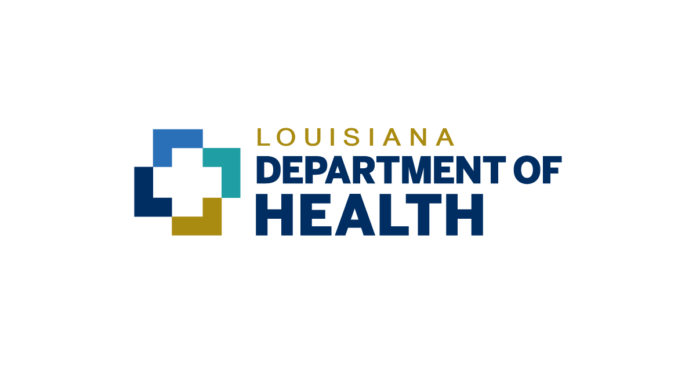
“We know that the COVID-19 pandemic has significantly impacted access to testing and routine HIV treatment services for Louisianans, so it’s more important than ever that individuals get tested,” said OPH Assistant Secretary Kim Hood. “We still have a long way to go to end the HIV epidemic, and we don’t have to keep conversations about HIV in the dark. Taking charge of your sexual health is an act of self-care, so get tested and treated — for yourself, your partner and your family.”
Why does it matter?
- In 2020, Louisiana ranked 4th in the nation for HIV case rates (15.6 per 100,000 population) and 11th in the estimated number of HIV cases, according to the Centers for Disease Control and Prevention (CDC) HIV Surveillance Report released in May.
- From 2016 to 2019, new HIV diagnoses steadily decreased each year. However, new diagnoses increased from 722 in 2020 to 935 in 2021 as people delayed routine preventive care over the pandemic.
- OPH’s STD/HIV/Hepatitis Program reported in the First Quarter 2022 STD/HIV Surveillance Report that 22,497 persons were living with HIV all across Louisiana.
- In Louisiana and nationally, Black residents are more affected by HIV than any other racial group. 2 in 3 new HIV diagnoses in Louisiana are in Black individuals.
- In Louisiana, 67% of persons living with HIV are virally suppressed. Viral suppression is when a person has very low levels of HIV in their blood. People who are virally suppressed cannot pass HIV on to a sex partner.
Who should be tested?
Everyone between 13 to 64 years old should be tested for HIV at least once. If you are pregnant or planning to become pregnant, get tested as early as possible. Individuals should be tested for HIV at least once a year if they:
- Have had sex with a person living with HIV,
- Are a sexually active gay or bisexual man,
- Share needles to inject drugs,
- Are a sexually active transgender woman, or
- Have been diagnosed or treated for another sexually transmitted infection.








